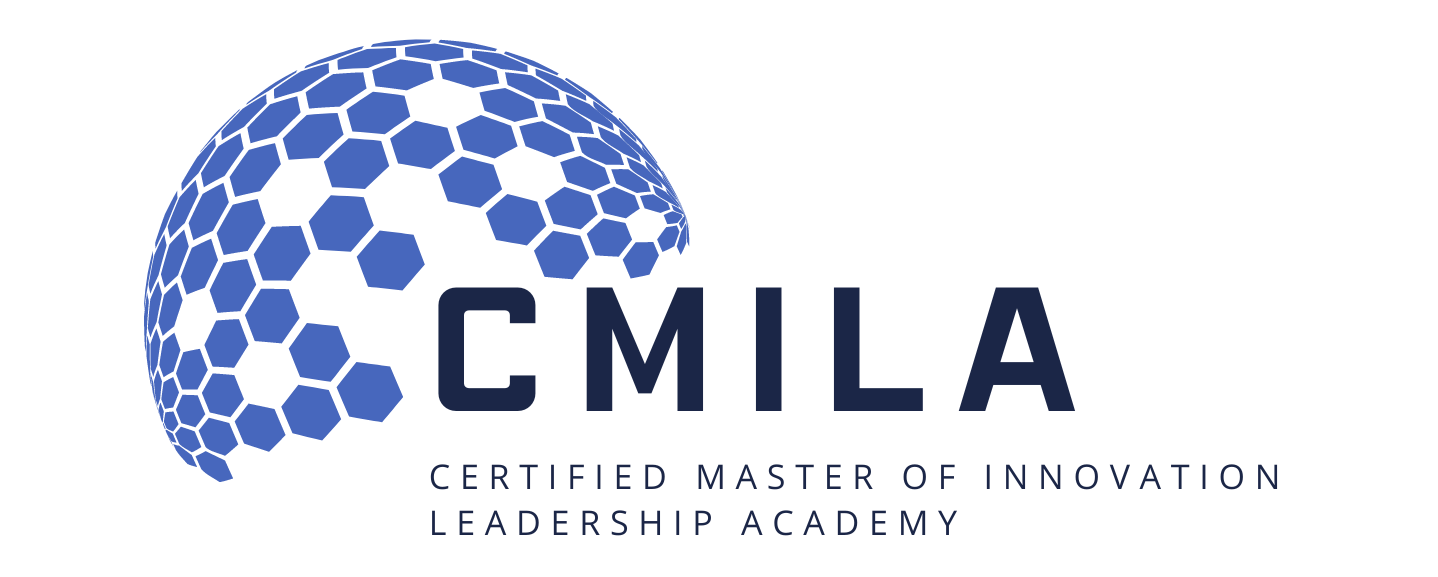Certified Sustainability Innovation Leader (CSIL)
The Certified Sustainability Innovation Leader (CSIL) Certification Course by Tonex is a comprehensive program designed to empower professionals with the knowledge and skills required to drive sustainable innovation within their organizations. Participants will gain a deep understanding of sustainability principles, innovation strategies, and practical tools to lead impactful initiatives.
Learning Objectives:
- Understand the fundamentals of sustainability and its impact on business.
- Develop strategies for integrating sustainability into innovation processes.
- Acquire skills in identifying and prioritizing sustainable innovation opportunities.
- Learn to implement sustainable business models and practices.
- Gain proficiency in measuring and reporting on the impact of sustainability initiatives.
- Enhance leadership skills to effectively drive and communicate sustainability innovation within an organization.
Audience: This course is ideal for mid to senior-level professionals across various industries who are responsible for driving innovation and sustainability initiatives within their organizations. Participants may include sustainability managers, innovation leaders, corporate strategists, and executives seeking to align business practices with environmental and social responsibility.
Course Outline:
